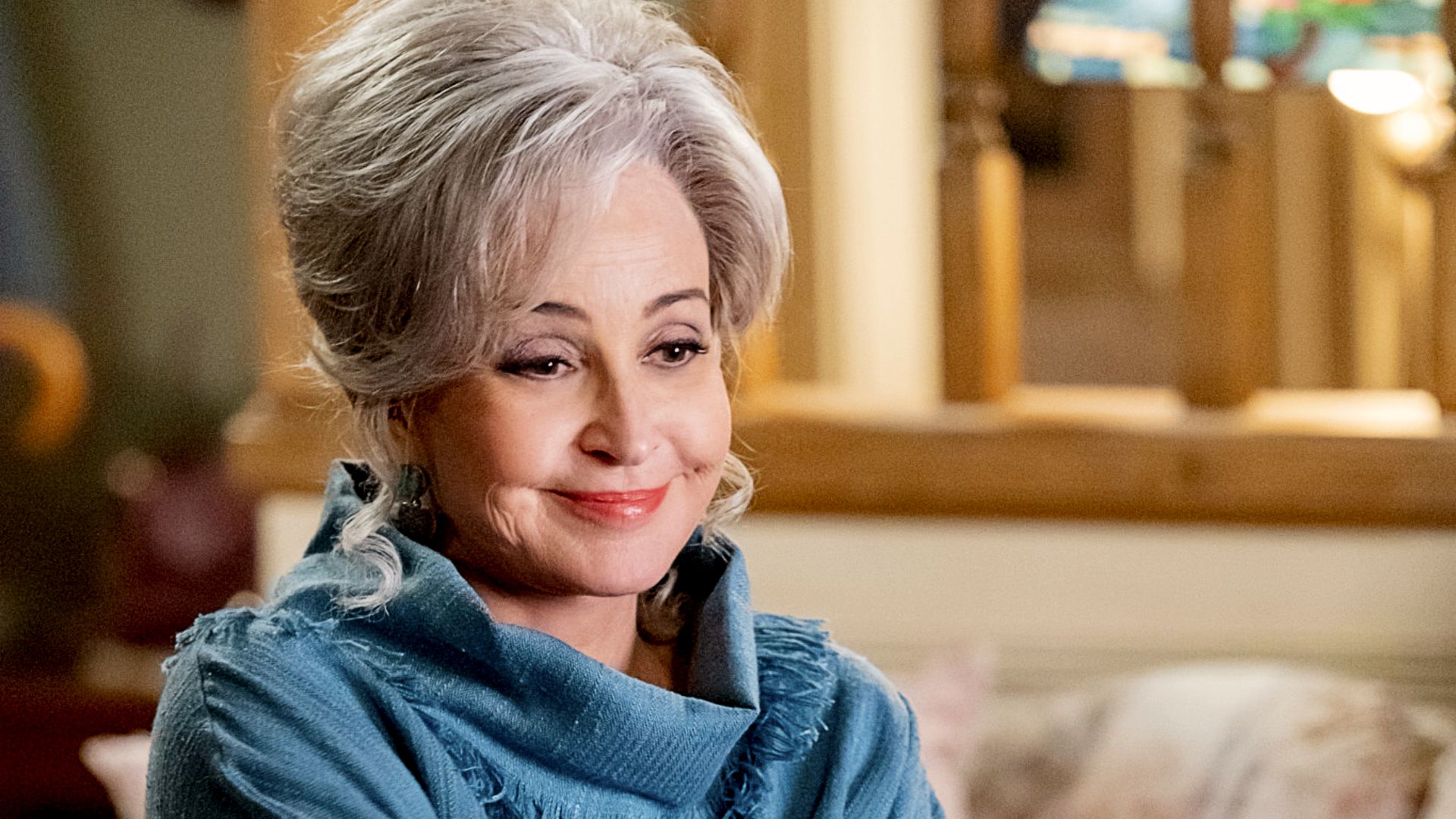After Warner defeat, Comcast loads up on Winter Olympics, Super Bowl and NBA

As a sports fan and critic, let me tell you, this year is going to be HUGE for NBCUniversal. They’ve got all the big games! We’re talking the Winter Olympics, the Super Bowl, NBA action, Major League Baseball, and, to top it all off, the World Cup. It’s a non-stop year of sports for viewers, and NBCUniversal is right in the center of it all.








